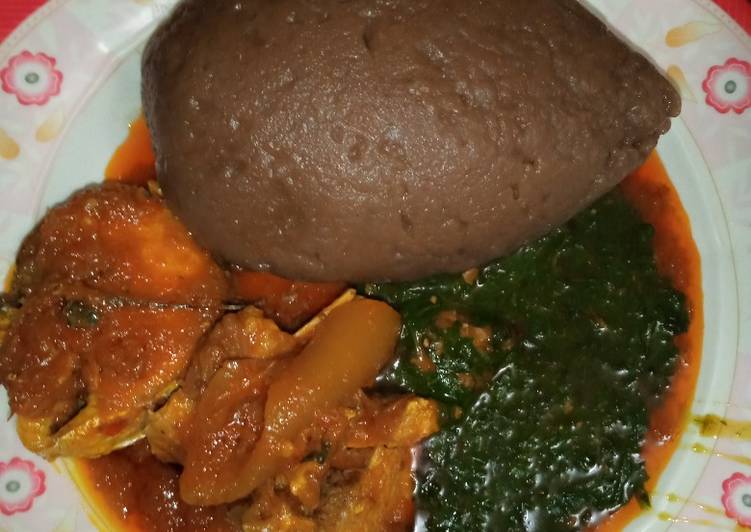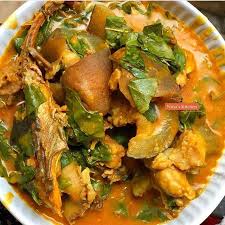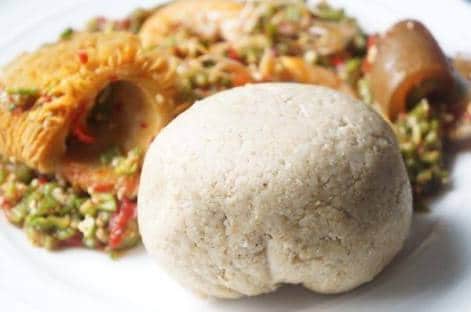Features of Culture are those traits that make a particular culture distinct and unique.
Here are some traits that make different Nigerian cultures distinct and unique;
Language:
Language is an important aspect of the culture of an individual. It is used to communicate and transmit cultural value from one person to another and also from generation to generation. In Nigeria, the are three major ethnic groups, that is, Yoruba, Hausa and Igbo and over 250 tribes with different languages. For example, Kanuri, Ibibio, Nupe, Ijaw, Efik, Edo, Idoma, Igale, Fufude etc.
Food:
Food is any nutritious substance that people or animals eat or drink to maintain life and growth. The type of food eaten and the manner in which it is prepared differs from one culture to another.



Dressing:
Dressing involves the different things that people wear to cover their bodies usually made from fabric. The way people dress reflects where they are from.
Religion:
Religion is the belief in and worship of superhuman controlling power, especially a personal God or gods. Before the introduction of Christianity and Islam in Nigeria, there was traditional religion and even to this day people still practice traditional religion in Nigeria. In traditional religion, people have faith and worship deities, gods, spirits and ancestors.
Nigeria is a Secular Nation which means Nigeria is officially neutral in matters of religion, supporting neither traditional, Christian or Islamic religion.
These are some descriptions of different aspects of culture in the three major cultural groups we have in Nigeria;
| Culture | Food | Dresses | Festival | Ornament |
| Yoruba | Amala & ewedu, gbegiri, efo-riro, iyan, emu | Iro and buba, buba and sokoto, fila, gele, ipele | Egungun, Eyo | Bebem ileke orun, osun |
| Hausa | Tuwo shinkafa, mia kuka, kunu, fura de nunu | Babanrija, jalamia, blouse and wrapper, hijab | Arugungu | Lali |
| Igbo | Akpu, ofe oha, ofe onugbu, ofe nsala, abacha, nkwu, ukwa, ugba | Isiagwu, cap, wrapper, walking stick, head tie, double wrapper & blouse | New yam festival, Wrestling festivals, Iso ebe | Otangele, Ife uhie, Ife-uli |



Responses